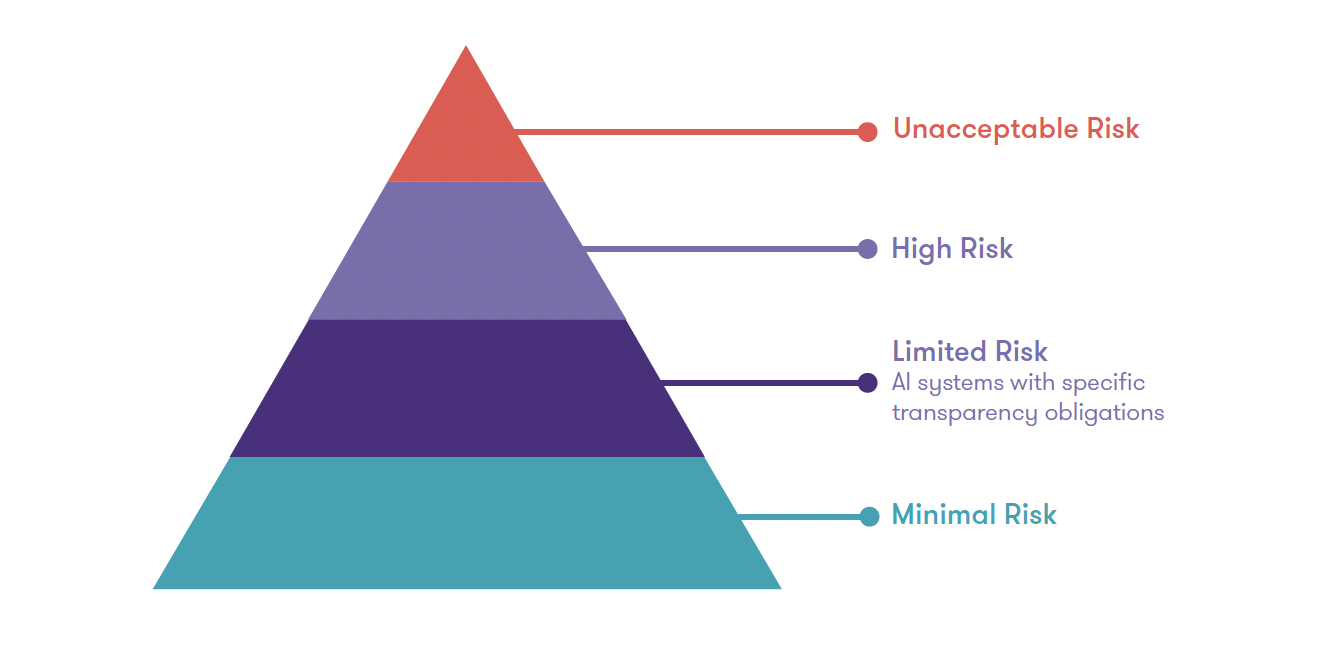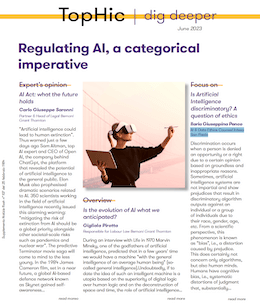-
Transactional advisory services
Find out more about the transactional advisory services of Grant Thornton Financial Advisory Services
-
Valuations
Find out more about the valuations services of Grant Thornton Financial Advisory Services
-
Mergers and acquisitions
Find out more about the merger and acquisition services of Grant Thornton Financial Advisory Services
-
Forensic and investigation services
Find out more about the forensic and investigation services of Grant Thornton Financial Advisory Services
-
Recovery & reorganisation
Find out more about the Recovery & reorganisation services of Grant Thornton Financial Advisory Services
-
Business risk services
Find out more about the business risk services of Grant Thornton Financial Advisory Services
-
Business consulting
Find out more about the business consulting services of Grant Thornton Financial Advisory Services
-
Capital market
Capital market
-
Corporate and business tax
Find out more about our corporate and business tax services.
-
Direct international tax
Find out more about our direct international tax services.
-
Global mobility services
Find out more about our global mobility services.
-
Indirect international tax
Find out more about our indirect international tax services.
-
Transfer pricing
Find out more about our transfer pricing services.
-
Litigation
Our lawyers and accountants can manage all defense measures provided not only by the Italian law, but also by EU regulations and conventions
-
Family business
Find out more about our Family business services.
-
Legal
The client can be assisted in every need and with the same care both on important operations or disputes and on simple matters

-
Back office outsourcing
Find out more about our Back office outsourcing services
-
Business process outsourcing
Find out more about our business process outsourcing services.
-
Compilation of financial statements
Find out more about our compilation of financial statements services.
-
Tax compliance
Find out more about our tax compliance services.
-
Electronic invoicing
Find out more about our electronic invoicing services
-
Electronic storage
Electronic storage is an archiving procedure that guarantees the legal validity of a digitally stored electronic document
-
Revaluation of corporate assets
Find out your civil and fiscal revaluation of tangible, intangible and financial assets
-
Payroll
Complete and customized payroll service, integrated with digital solutions and compliant with Italian and international regulations.
-
Labor consultancy
We help Italian and international companies manage all aspects of their workforce.
-
HR & Payroll Advisory Services
We review contracts, payroll, and risks for extraordinary transactions and we assess tax, labor, and safety risks in outsourcing contracts.
-
Extended services
We provide integrated digital tools to simplify HR management.
-
HR Infinity Portal
The HR Infinity Portal is Zucchetti’s platform designed to centralize communication between the company and its employees.
-
Cybersecurity
GT Digital helps clients structure information security management internal functions, also through partially or totally outsourced functions
-
Agile and Programme Management
GT Digital provides support in the adoption and implementation of different portfolio management
-
Robotic Process Automation
Our “BOT Farm” can rely on digital workers able to help clients in routine activities, allowing employees to deal with more added-value activities
-
Data strategy and management
GT Digital can support clients in seizing the opportunities offered by Big Data, from the definition of strategies to the implementation of systems
-
Enterprise Resource Planning
We support clients in selecting the most appropriate ERP System according to their specific needs, helping them also understand licensing models
-
IT strategy
GT Digital supports clients in making strategic choices, identifying innovation opportunities, comparing themselves with competitors
-
IT service management
We can support with software selection and with the implementation of dedicated tools for the management of ICT processes
-
DORA and NIS 2
The entry into force of the DORA Regulation and NIS2 represents a major step towards the creation of a harmonised regulatory framework
“Artificial intelligence could lead to human extinction”. Thus warned just a few days ago Sam Altman, top AI expert and CEO of Open AI, the company behind ChatGpt, the platform that revealed the potential of artificial intelligence to the general public.
Elon Musk also prophesised dramatic scenarios related to AI.
350 scientists working in the field of artificial intelligence recently issued this alarming warning: “mitigating the risk of extinction from AI should be a global priority alongside other societal-scale risks such as pandemics and nuclear war”.
The predictive Terminator movie saga will come to mind to the less young.
In the 1984 James Cameron film, set in a near future, a global AI-based defence network known as Skynet gained self-awareness rebelling against humankind and causing a nuclear holocaust.
In the end, a humanity on the brink of extinction will be saved just thanks to some reconverted machines.
So, which future awaits us? Will machines win?
Meanwhile, the future is already here.
Artificial intelligence is progressively becoming part of our lives.
Without noticing, on a daily basis we are parts of processes which involve systems with various degrees of autonomy.
We receive films recommendations, we rely on analyses made by algorithms, we delegate increasingly important activities and with a social impact.
In this way, we reduce interactions with human beings and we expose ourselves to technologies whose functioning is mysterious.
Faced with a rapidly evolving and expanding scenario, Countries have assumed different roles in the international arena.
While China and US are the main investors and driving forces behind technological innovation, the European Union aspires to take on the role or “ethical legal champion”.
The outcomes of this intention are taking the form of a long-awaited provision, known as “Proposal for a Regulation of the European Parliament and of the Council laying down harmonised rules on artificial intelligence (Artificial Intelligence Act) and amending certain Union legislative acts”.
The provision was presented to the European Commission on 21 April 2021 and submitted to the vote of the European Parliament between 12 and 15 June 2023.
The AI Act is the world’s first regulation on artificial intelligence.
The provision has a horizontal scope, as it aims at regulating artificial intelligence in all areas of potential application.
It deals with the allocation of responsibilities and with the protection of fundamental human rights, such as health, safety and other fundamental rights of citizens who interact with AI systems.
The long gestation of the AI Act does not depend only on red-tape delays, but also on the need of lawmakers to deal with very general issues involving science, philosophy, ethics and law.
Even the definition of artificial intelligence is quite a debated crucial issue, since identifying the items which fall within the scope of the provision means understanding what is liable to controls, limitations, penalties, and what is not.
Moreover, understanding which models need to comply with the law requirements provided under the new regulation is key to directing technological innovation.
Indeed, the system which will elude the scope of application of the AI Act will attract greater attention from economic actors and will sometimes be preferred, to the detriment of those technologies which will have to comply with the strict requirements of the abovementioned regulation.
The AI Act classifies AI systems into four different levels according to their dangerousness and on the importance of the fundamental human rights to be protected: from minimal risk to limited risk, up to high risk and even unacceptable risk, where the relevant applications are banned.
The attribution of the highest risk level depends on the system’s intended purpose and on its scope of application.
Systems dealing with lending or support to the administration of justice will be classified as high-risk based on the potential impact on people’s lives and will have to comply with a series of requirements, among which an assessment of their impact on fundamental human rights.
Systems aimed at classifying people and used for social scoring based on sensitive data (gender, race, ethnicity, religion, etc.), as well as predictive police systems based on profiling or sensitive data, or again emotion detection systems and face recognition systems for control purposes will be banned.

Considered as a whole, this regulation is an example of interaction between technology and law.
The trade-off between protecting rights and the ethical scenario and driving technological innovation is a topic of major interest for the main global players.
Open AI, for example, declared that should the regulation proposed by the European Parliament be too burdensome, it is ready to suspend its services in Europe.
The European institutions, for their part, replied they are not willing to yield to the blackmail of the big industry players.
The provision thus needs to take into account very fragile political-economical balances while trying to propose approaches in line with the European set of values, without putting off major players.
The AI industry actually has huge entry barriers given the infrastructure costs and the availability of computing power, so that only a few companies play a key role for the development of technologies.
On 31 May 2023, the Vice-President of the EU Commission Margrethe Vestager and the US Secretary of State Antony Blinken announced that a joint voluntary code of conduct on AI between the EU and the US will be introduced in the coming weeks, that will be open to the companies in the industry and will anticipate the norms included in the AI Act.
Moreover, the European Union is promoting initiatives such as LAION Open-Assistant, a research project financed by the German government aimed to create an “open-source Chat”, showing that the promotion of technological innovation is possible in an ethical and legal context that cares about the impact of artificial intelligence systems on individuals’ lives.
Europe is taking action, other countries will follow. For the moment, we can still have good possibilities to succeed, but this issue must be carefully addressed, as the other issues that have been neglected for a too long time, such as environmental pollution, global warming, overpopulation, etc.

